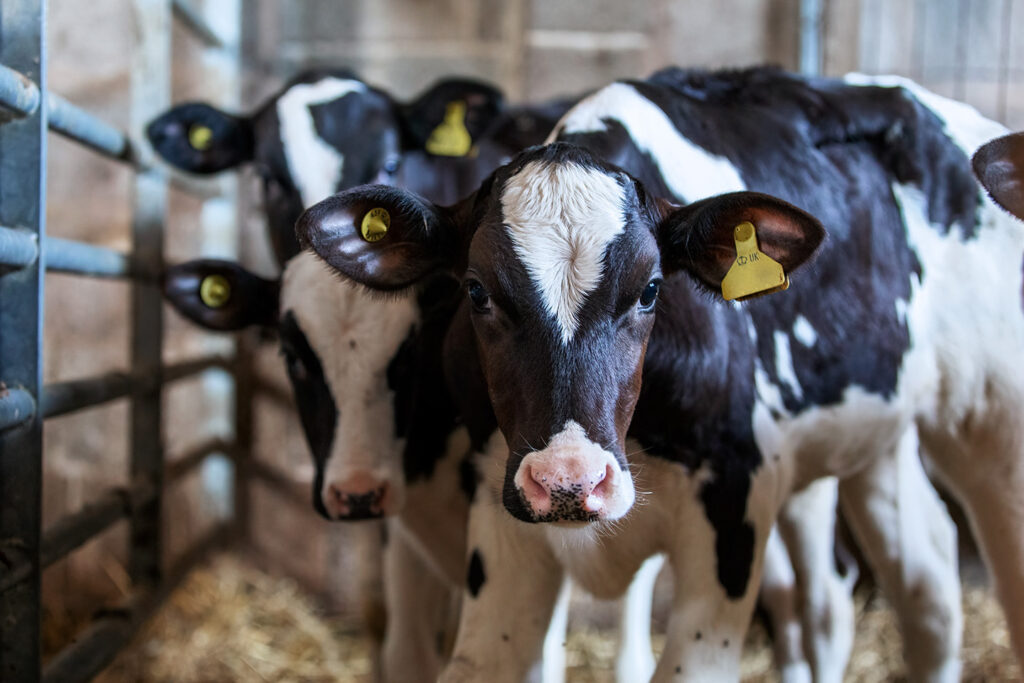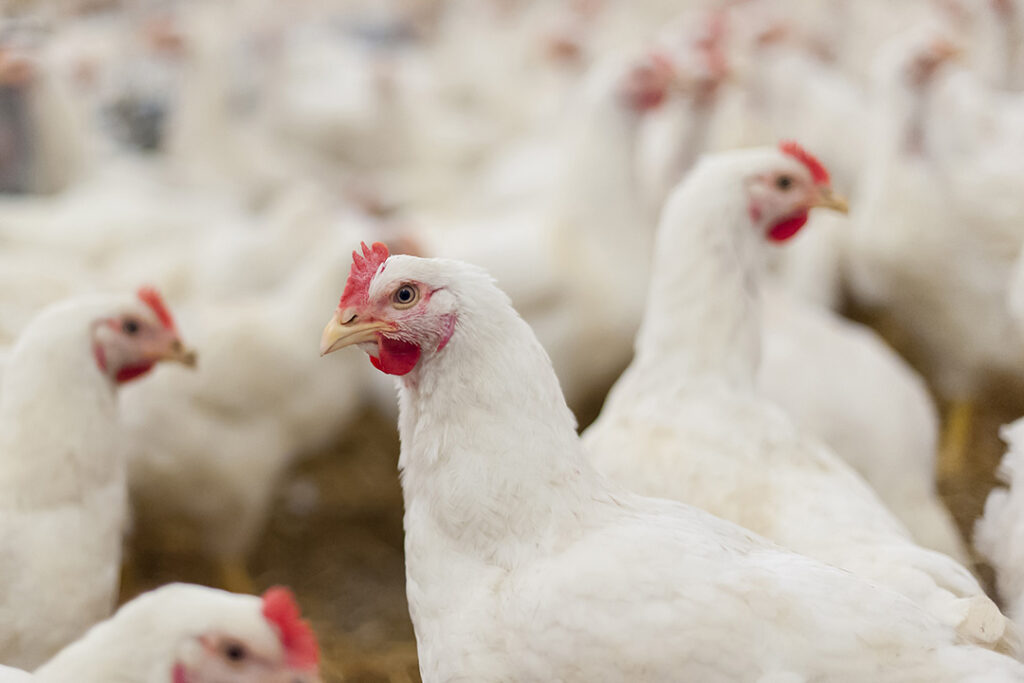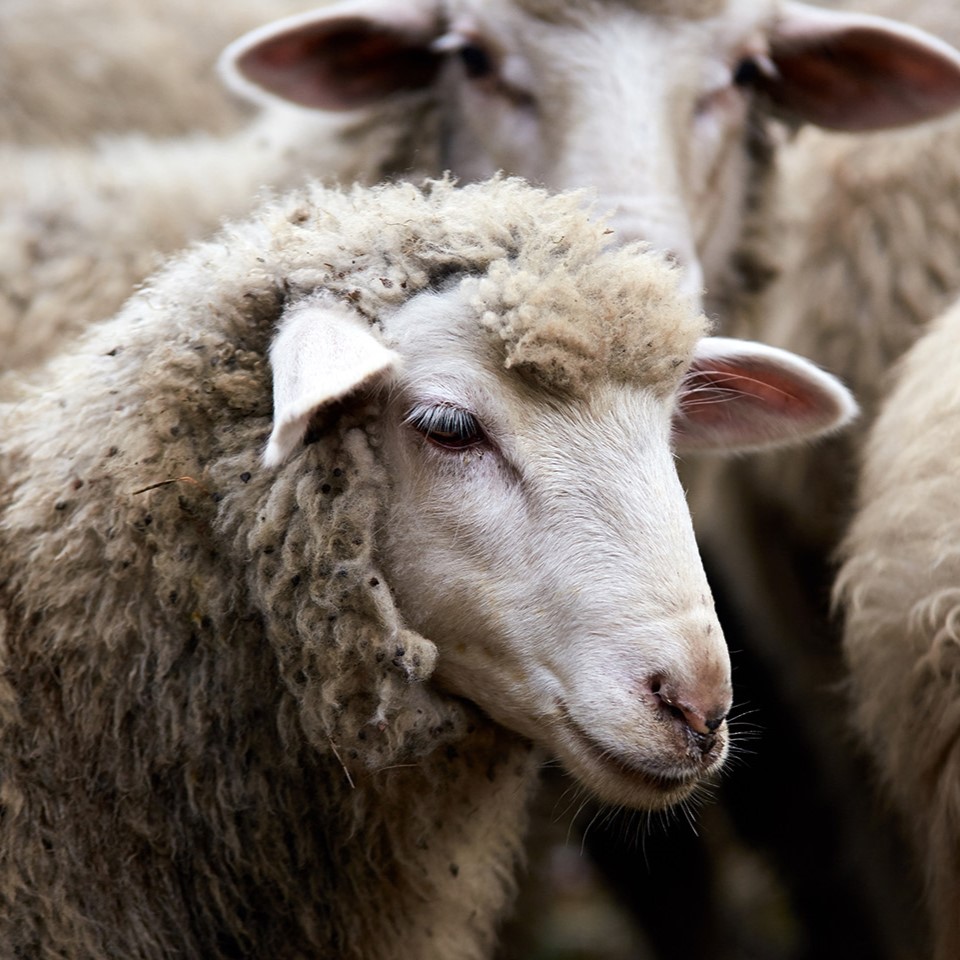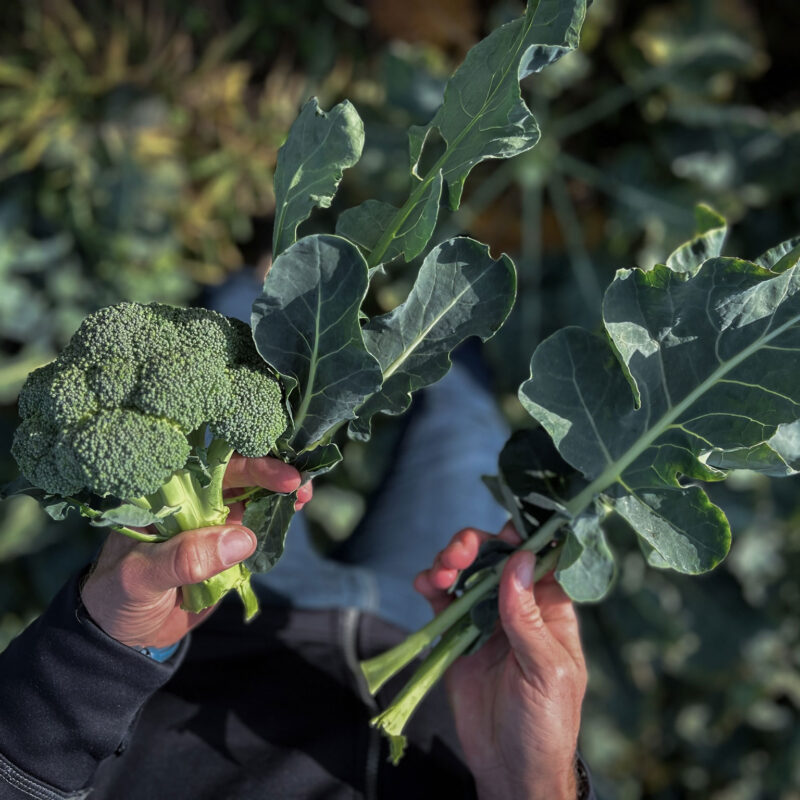Antibiotics in Food Production – Towards Responsible Antibiotics Use
Rising antibiotic resistance is one of the top ten global threats to human health. To slow down this development, more must be done in several areas, not least in the food industry where overuse of antibiotics is a widespread problem. Since 2013, Axfoundation has been collaborating with a variety of stakeholders to practically address the important issue of antibiotic resistance. The overall goal: To promote a prudent and responsible use of antibiotics in the food industry – in Sweden and internationally.

All actors in the food chain have a responsibility to minimize the spread of antibiotic resistance in animal husbandry. Photo: iStock
The Issue
Antibiotic overuse is a widespread problem in food production, with a clear link between sub-standard animal husbandry and excessive use of antibiotics. Globally, more antibiotics are used for animals than for humans, but in Sweden, the situation is reversed. Thanks to proactive efforts, about one-tenth of total antibiotic sales are used for animals. Sweden has demonstrated that it is possible to reduce the use of antibiotics drastically while still maintaining production. Compared to many countries, Sweden has a significantly lower average antibiotic consumption, but in several other nations, the problem remains severe.
Healthy animals do not need antibiotics – yet globally, antibiotics are still used to treat healthy animals. Currently, 20% of the world’s countries administer antibiotics for purely growth promotion purposes, a procedure that was banned in Sweden in 1986 and within the EU in 2006. Additionally, group treatments are common, where entire groups of animals receive antibiotics even if only a few are sick. In these cases, antibiotics are not only used to treat illness, but also as a preventive measure to keep animals healthy in a sub-standard environment. Intensive animal agriculture is one of the key drivers of antibiotic resistance.
The more antibiotics that are used, the greater the risk is that the bacteria will develop resistance, resilience and immunity to the drug. The medicine simply does not work anymore. This leads to an increased spread of resistant bacteria, between humans, between animals, and between animals and humans, creating a global health issue. Both the World Health Organization (WHO) and the Public Health Agency of Swedish state that antibiotic resistance is one of the biggest threats to global health. Currently, at least 1.2 million people die each year due to diseases related to drug-resistant bacteria. In 2050, the number is estimated to increase dramatically to 10 million people if actions are not taken to counteract the development.
Our Solution
In order to reach responsible use of antibiotics that minimizes the risk of resistance development, increased responsibility needs to be taken in all sectors that use antibiotics. As the largest use of antibiotics occurs in animal husbandry, all actors in the food chain have a responsibility to minimize the development of antibiotic resistance. Effective efforts that reach all levels require collaboration. Therefore, Axfoundation, together with companies, academia, authorities and industry associations, and civil society organizations, has in several initiatives worked to highlight the issue and encourage more actors to take action.

Animals must be kept in a way that gives them space to move freely and be able to rest in a way that is suitable for them. Photo: iStock
Our Work
Since the start in 2013, Axfoundation has been driving change through a series of practical initiatives related to responsible antibiotic use in food production.
The Antibiotic Criteria
Together with a wide range of partners and experts, Axfoundation has developed the Antibiotic Criteria – a concrete tool aimed at encouraging the food industry to gain knowledge, set standards and follow up on their suppliers.
The Antibiotic Platform – From Farm to Fork
A collaboration between The Royal Swedish Academy of Agriculture and Forestry (KSLA) and Axfoundation where stakeholders across sectors join forces to accelerate efforts against antibiotic resistance.
Updates on Antibiotics (in Swedish)
Axfoundation sends out a bi-weekly update on antibiotics, trade, and animal husbandry, with the latest news and events curated by veterinarian and antibiotic expert Jenny Lundström.
The Antibiotic Dialogue – Practical Work on Responsible Antibiotic Use
Axfoundation regularly gathers companies in the food sector that have a pronounced ambition to work towards responsible antibiotic use in their supply chains.
Did you know…
Misunderstandings sometimes arise when it comes to antibiotics in food production. Here are four things that are good to know.
Antimicrobial resistance (AMR) and antibiotic resistance: AMR is a collective term for the ability of microorganisms (such as bacteria, viruses, or parasites) to resist treatment with drugs, pesticides, and more. Antibiotic resistance is included in the collective term AMR.
The antibiotic residues in food are so small that they are not a health risk for humans: Within the EU, there are strict rules regarding the allowed amount of antibiotic residues in food. The rules also state that animals treated with antibiotics, for example, cannot be slaughtered immediately.
The risk of getting infected with antibiotic-resistant bacteria through food is considered low: Instead, there is a greater risk that farmers get directly infected by their own animals and then spread the resistant bacteria to other people. The spread of resistant bacteria occurs between animals, between humans, and between humans and animals.
Antibiotics are also used in crop cultivation: This primarily occurs in fruit cultivation to protect trees from bacterial diseases. The use is still relatively small compared to the livestock sector, but it means that antibiotics are applied directly to the external environment.
Results & Timeline
The work that Axfoundation has carried out for several years has led to several results and inspired a number of other important initiatives to decrease the use of antibiotics. Some of these are:
- 2013: Axfoundation started collaborating with a broad network of actors to develop industry-wide antibiotic criteria for the Swedish food sector.
- 2014: The bi-weekly Updates on Antibiotics (“Antibiotikaspaningen”) started.
- 2014: The Antibiotic Criteria 1.0 was launched.
- 2018: The World Health Organization endorsed ReAct’s Toolbox on Antibiotics, in partnership with Axfoundation.
- 2019: The Swedish University of Agricultural Sciences launched their first free Massive Open Online Course on low use of antibiotics in livestock production, in partnership with Axfoundation.
- 2020: The Antibiotic Criteria 2.0 was launched.
- 2020: The Swedish Food Retailers Federation adopted an industry agreement based on the first six of the eight criteria.
- 2021: The Antibiotic Platform – from Farm to Fork as well as The Antibiotic Dialogue were initiatied to spur further knowledge and action.
- 2021: Axfoundation took part of the expert 2022 group of the Swedish Government Official Reports regarding AMR and animal husbandry.
- 2021: The Antibiotic Criteria 2.0 for reduced antibiotic use in food production was awarded Venture of the Year (Årets Insats) by the Sustainable Brand Index, Europe’s largest independent brand study focused on sustainability.
- 2021: Axfoundation, through its work with the Antibiotic Criteria 2.0, was selected to participate in the Food Systems Game Changers Lab and Solutions Accelerator program.
- 2022: A new set of procurement criteria for the European healthcare sector was released by Health Care Without Harm, inspired by the Antibiotic Criteria.
- 2022: A study on consumer-driven demands for antibiotic-smart choices indicated that more information would impact purchase decisions. Contributors to the study were Axfoundation, Coop, and the Stockholm School of Economics.
- 2023: Axfoundation became member of the AMR Multi-stakeholder Partnership Platform, coordinated by WHO, WAOH, UNEP and FAO.
- 2024: Global Leaders Group om AMR visited Torsåker Farm during their meeting in Sigtuna, Sweden.

The spread of resistant bacteria occurs between animals, between humans, and between humans and animals. Photo: iStock
The Antibiotic Criteria
The first version of the Antibiotic Criteria was developed through an inclusive process during 2013-2014. They were first tested within food retailer Axfood and whole-saler Martin & Servera and then launched widely during 2014. The members of the Swedish Food Retailers Federation – Axfood, Bergendahls, Coop, ICA, Lidl, IKEA Foods and Livsmedelshandlarna – adopted a common policy to decrease the use of antibiotics in food production in 2016. The policy was based on the first four criteria in Axfoundation’s Antibiotic Criteria 1.0, and only applied to the companies’ private labels. Since then, the members of Swedish Food Retailers Federation have also strived to influence their suppliers of other brands to follow these criteria.
During 2019-2020, Axfoundation updated the Antibiotic Criteria to adapt to new legislation, changes in consumer behavior and, to further encourage a positive development in animal food production. During the course of the process, companies, academia, authorities and industry associations and civil society organizations collaborated to find common ground on the issue. This process also led to the Swedish Food Retailers Federation adopting a new common policy in 2020, based on the first 6 of the 8 updated criteria.
Partners
The Antibiotic Criteria 2.0 was developed by Axfoundation in collaboration with a group of experts comprising Max Troell from the Beijer Institute / Stockholm Resilience Center, Jenny Lundström from Friska Djur (Healthy Animals) and Frida Lundmark-Hedman from the Swedish University of Agricultural Sciences. In addition, a broad reference group actively participated in the development, with representatives from the food industry, civil society, academia and government; Axfood, Coop, Findus, Gård & Djurhälsan, ICA, Lidl, The Swedish Food Federation, The Federation of Swedish Farmers (LRF), Martin & Servera, SIWI, The National Veterinary Institute, (SVA), Swedish Food Retailers Federation, The National Agency for Public Procurement, Vi Konsumenter), World Animal Protection, WWF in Sweden.
The Antibiotic Platform is jointly operated by Axfoundation and KSLA. Both organizations contribute based on their respective missions, utilizing their capacity and expertise. We warmly welcome all interested parties to participate in the platform’s activities.
Updates on Antibiotics is a collaboration between Axfoundation and veterinarian and antibiotic expert Jenny Lundström. Every other week, she sends out a curated overview of the latest news in antibiotics, animal welfare, and trade (currently in Swedish).
























































